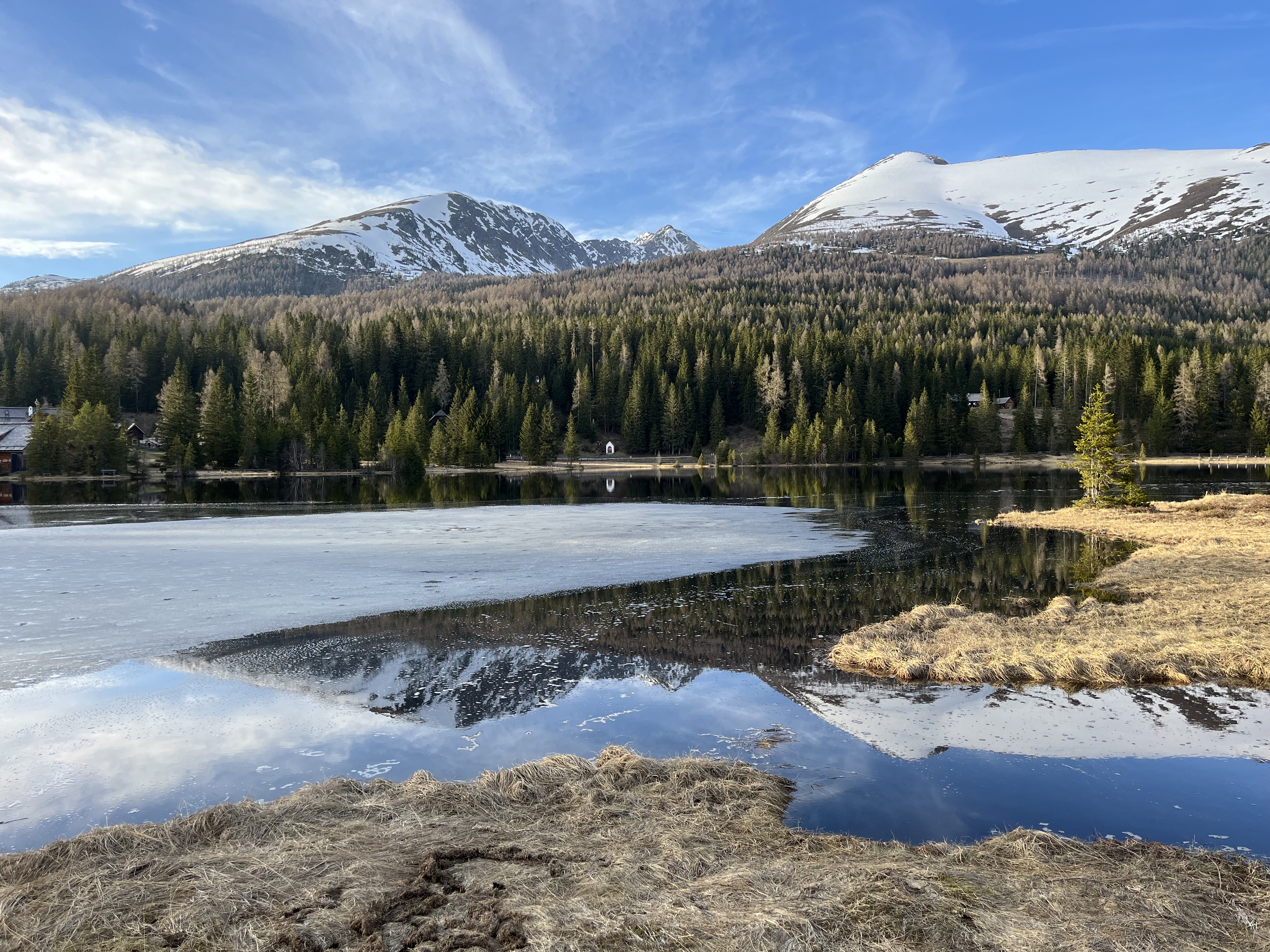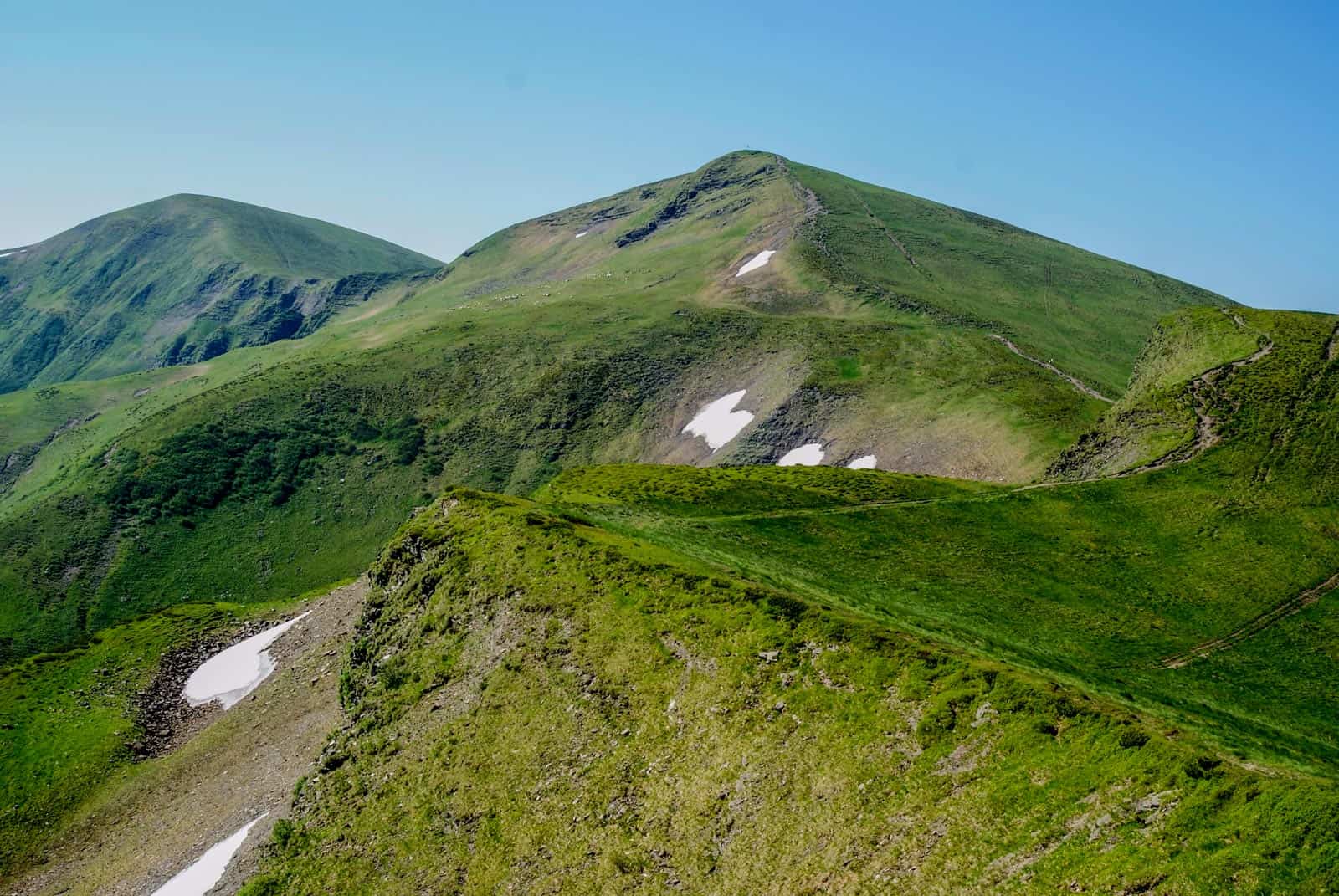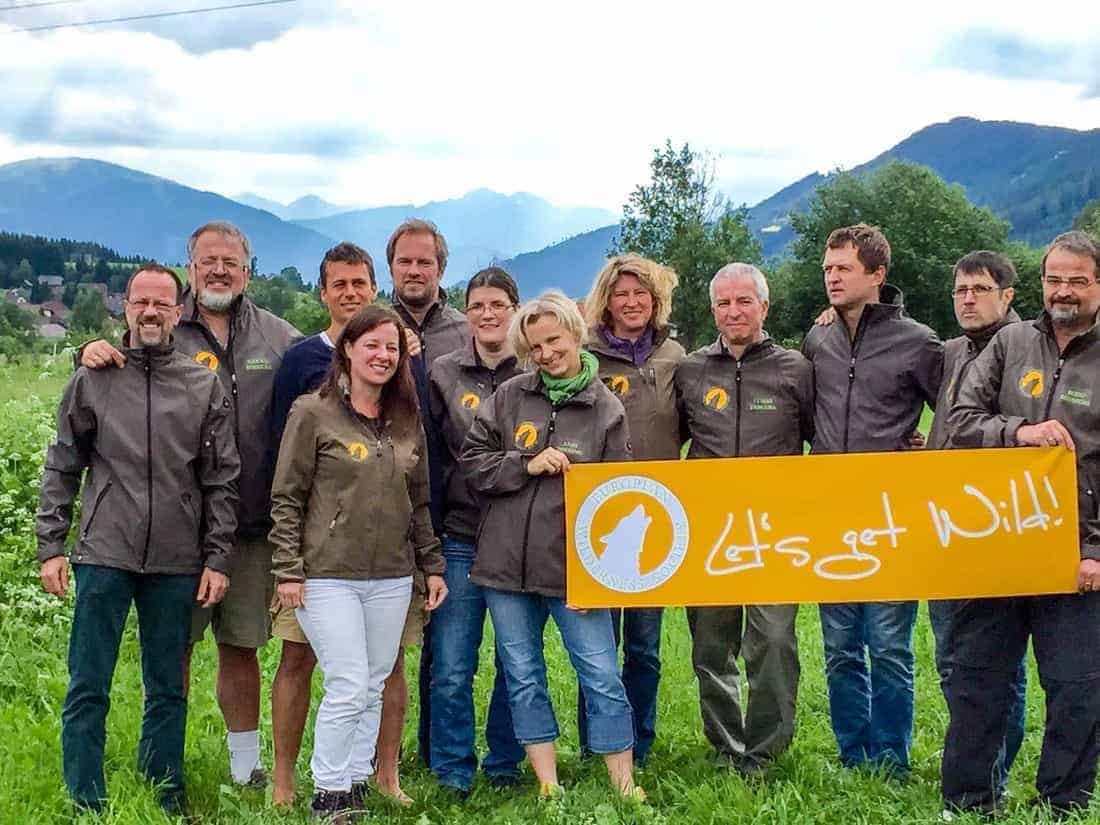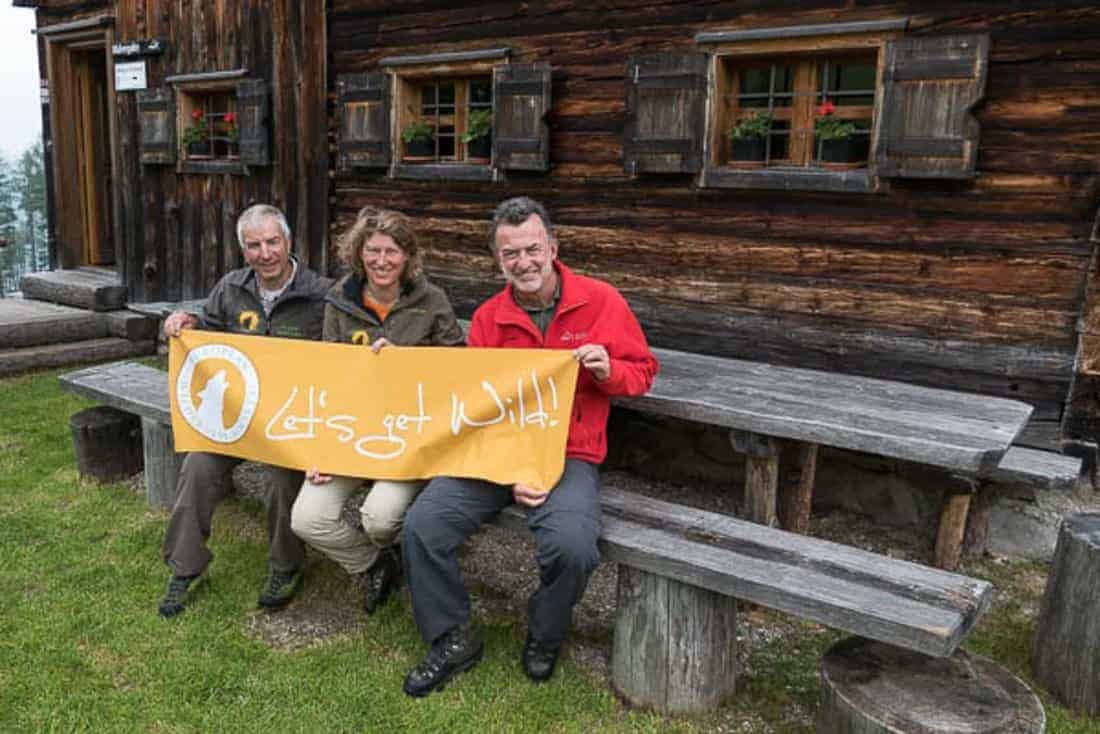Global Wetland Outlook 2025: A Wake-up Call for Wetland Restoration in Europe
The newly released Global Wetland Outlook 2025 (GWO 2025) delivers a powerful message: wetlands are disappearing faster than any other ecosystem, over 400 million hectares lost since 1970, with devastating impacts on biodiversity, water cycles, and climate regulation. But there is hope. Around the world, wetland restoration is proving to be one of the most effective and affordable nature-based solutions to reverse ecosystem loss, store carbon, and strengthen climate resilience.
From the Kafue Flats in Zambia to rewetted peatlands in the UK and beaver-built dams in Czechia, the GWO highlights inspiring examples of wetlands bouncing back, bringing wildlife, regulating water, and supporting sustainable livelihoods.
By the Numbers
- Over 411 million hectares of wetlands have been lost globally since 1970—about 22%, with degradation continuing at 0.52% per year.
- One quarter of remaining wetlands are now in poor ecological condition.
- Wetlands provide ecosystem services worth up to USD 39 trillion annually—around 7.5% of global GDP—yet remain grossly underfunded.
- Since 1975, degraded wetlands have cost an estimated USD 5.1 trillion in lost benefits.
- Restoring them could yield USD 205 trillion in global benefits by 2050.
- As of 2025, 74% of Ramsar Contracting Parties are engaging in restoration, with 20 countries pledging over 44 million hectares—a strong signal, but still below global needs.
And Austria’s Role for Wetlands for People, Climate, and Nature?
Austria is home to some of Europe’s most valuable wetland ecosystems. Reaching from alpine bogs and moorlands to lowland floodplains. One of the most emblematic examples is the Danube-Auen National Park, where floodplain reconnection and levee removal have restored natural water dynamics, enhanced biodiversity, and reduced flood risk.
Another major hotspot is the Neusiedler See–Seewinkel region, a unique steppe-lake and reed ecosystem at the heart of the Pannonian Plain. This transboundary wetland—shared with Hungary—hosts rare bird species, saline ponds, and Europe’s second-largest reed belt.
Living Lab at Neusiedl Lake: Restoration in Action
As part of the Horizon Europe ALFAwetlands project, the Lake Neusiedl region is home to one of several Living Labs across Europe. This Austrian–Hungarian Living Lab covers around 180 km², with ~100 km² within Austria, and provides a real-world testing ground for wetland restoration and monitoring.
Here, researchers, land managers, and local communities work together to:
- Co-develop solutions for water management under drought stress, as well as reed management
- Monitor bird populations and reedbed dynamics
- Explore carbon sequestration potential
- Engage local stakeholders in long-term planning and land stewardship
The Living Lab uses cutting-edge tools like modelling, ecosystem service valuation, and participatory science to ensure solutions are evidence-based and community-driven.
Peatlands of the Lungau: High-Altitude Wetlands Worth Protecting
Nestled in the Central Alps of Austria, the Lungau region, by the way home to the European Wilderness Society, is rich in high-altitude peatlands and alpine wetlands. These fragile ecosystems, including raised bogs, fens, and spring mires, are vital carbon stores and biodiversity hotspots. Formed over thousands of years, they regulate water flow, support rare plant and amphibian species, and act as natural buffers against drought and erosion.
Despite their remoteness, these mountain wetlands are increasingly threatened by climate change, land-use pressure, and drainage. Protecting and restoring them is not only crucial for Austria’s climate goals but also an opportunity to showcase low-impact, community-supported restoration models that can be replicated across other alpine and upland regions.
One of the best ways to experience these habitats firsthand is to visit the Prebersee, a high-altitude moor lake near Tamsweg. A well-marked bog nature trail (Moorlehrpfad) circles the lake, offering an easy and scenic walk with informational panels about peatland ecology, local flora and fauna, and traditional land use. The trail is suitable for families, and the lake’s reflective surface, famous for its “Prebersee water-shooting” tradition every year on the last weekend of August, adds to the unique experience. These habitats are also the focus of “Amphibien auf der Spur”, an environmental education and citizen science project coordinated by the European Wilderness Society. The project engages local schools and volunteers in monitoring amphibian populations in and around Lungau’s wetlands, helping raise awareness of habitat conservation and climate impacts on sensitive species.
Learn more about Amphibien auf der Spur: here.
As part of its mission, the European Wilderness Society actively promotes awareness and conservation of these Lungau wetlands, highlighting that even small, hidden peatlands can make a big difference in the fight against climate change.
GWO 2025 + ALFAwetlands = Scalable Solutions
The Global Wetland Outlook 2025 is not just a warning, it’s a roadmap. Its insights reinforce the mission of ALFAwetlands and provide scientific legitimacy for scaling wetland restoration through:
- Proven ecological recovery strategies
- Economic justification for investment
- Tools for carbon and biodiversity accounting
- Collaborative Living Labs, one of which is Austrian-Hungarian Living Lab, including Lake Neusiedl area
Wetlands Are Our Natural Climate Allies
Wetlands store more carbon per hectare than forests, regulate floods, filter water, and support cultural and recreational value. Yet they receive less than 10% of global nature-based climate funding.
The GWO 2025 reminds us: Wetlands are not optional, they are essential.
With clear data, inspiring success stories, and projects like ALFAwetlands, we now have the science, tools, and partnerships to turn the tide.
- Read the Global Wetland Outlook 2025
- Explore ALFAwetlands and Austrian-Hungarian Living Lab
Let’s restore Europe’s wetlands, for biodiversity, for climate, and for future generations. Your support is always welcome. Become a volunteer, share your knowledge and experience or simply donate. Or come by to visit Prebersee or Neusiedl Lake. Thanks for considering your help.




Discover more from European Wilderness Society
Subscribe to get the latest posts sent to your email.









